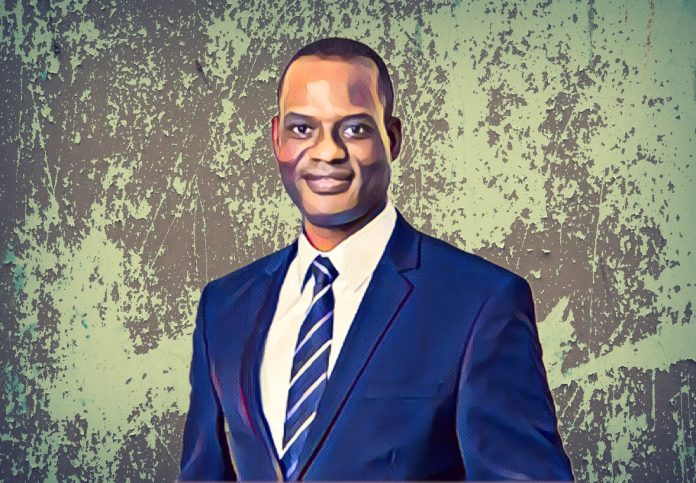Key Points
-
98% of Nigerians will get tax relief or full exemption.
-
The new tax reform protects low- and middle-income earners.
-
Corporate tax rates will drop to encourage formalization.
An estimated 98 percent of Nigerians will pay little or no tax under a new law set to take effect in January 2026, the Chairman of the Presidential Committee on Fiscal Policy and Tax Reforms, Dr. Taiwo Oyedele, said Tuesday.
Speaking at a panel session during the Nigerian Economic Summit in Abuja, Oyedele said the upcoming tax regime will ease the financial pressure on low- and middle-income earners while requiring the wealthy to contribute more.
“About 33 percent of workers will stop paying PAYE entirely, while the next category up to 98 percent will pay much lower rates,” Oyedele said, drawing applause from the audience.
“Only about 2 percent, the high-income earners, will pay a bit more. They are our rich people, and we know them.”
Reforms target fairness, poverty reduction
Oyedele explained that the new policy is designed to make Nigeria’s tax system fairer and more growth-oriented.
“You can’t tax people in poverty and expect them to magically become wealthy. It’s a contradiction,” he said.
“We’ve established a clear poverty line, middle class, and wealthy group for our new framework.”
The committee based its income brackets on household data from the National Bureau of Statistics (NBS), which shows the average Nigerian household has five members, with two employed adults.
Using that measure, Oyedele said a household earning about ₦200,000 monthly — roughly ₦100,000 per worker — should not pay any tax because they fall near the poverty threshold.
“Under the old law, someone earning ₦30,000 monthly still paid tax,” he said. “Now, that person is exempt. It’s a better deal for the poor.”
Middle class, states, and corporate sector to see changes
For those earning above that level, the middle class threshold is set up to around ₦1.8 million monthly, with gradually increasing rates.
“Low income, no tax. Middle class, less. Upper income, a bit more,” Oyedele said.
He acknowledged that the changes could affect state finances, noting that some governors have expressed concern.
“One governor told us everyone who pays tax in his state will now be exempt,” he said. “We understand the fear, but reforms must balance fairness with sustainability.”
To encourage business formalization, the new regime will also adjust corporate and personal tax rates.
Oyedele said Nigeria’s system has long discouraged formal registration because corporate tax is higher than personal rates in the informal sector.
“Right now, informal operators pay less than 20 percent. But once they register a business, the rate jumps to over 40 percent,” he said. “That’s a disincentive to formalization. We created it ourselves.”
Under the reform, personal income tax for top earners will drop to 25 percent, while corporate tax will be reduced from 30 to 25 percent — lower than in many African countries.
He added that companies earning ₦100 million or less annually will pay zero corporate tax, a move meant to boost small and medium enterprises.
Fighting tax evasion and boosting compliance
Oyedele said the committee is also tackling widespread tax evasion and policy inconsistencies that create loopholes.
“The tax gap in Nigeria — what we collect versus what we should collect — is huge,” he said.
“Part of it is compliance, where people evade or under-declare, and part of it is policy, where we grant unnecessary waivers.”
He warned that tolerating evasion undermines fairness and fuels corruption.
“Not addressing tax evasion is like rewarding illegality. If you earn income, you must pay tax,” he said.
Despite receiving death threats over his reform proposals, Oyedele said he remains committed to creating a simpler, fairer system.
“These reforms are not easy,” he admitted. “But if we get them right, Nigeria will have a system that respects the poor, rewards honesty, and grows the economy.”



